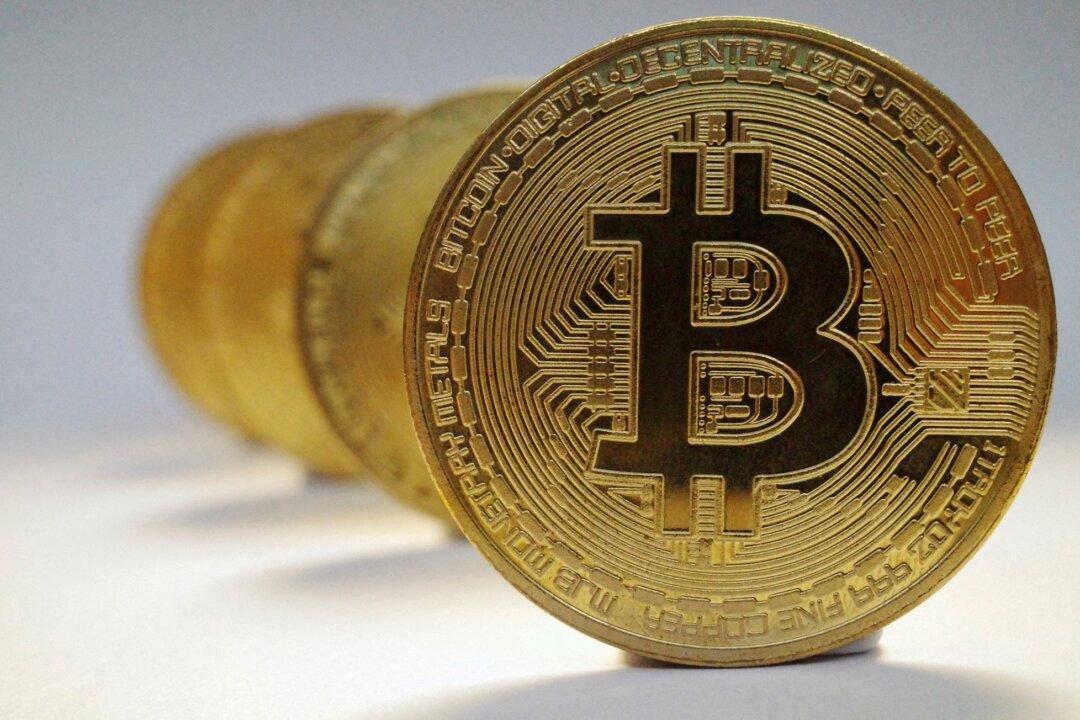Commentary
Unless you happen to live under a rock, you are no doubt aware that the Chinese Communist Party (CCP) has rolled out its own digital currency, the digital yuan. Designed to directly compete with the U.S. dollar, the digital yuan was also designed for another reason—to evade U.S. sanctions, according to experts.





